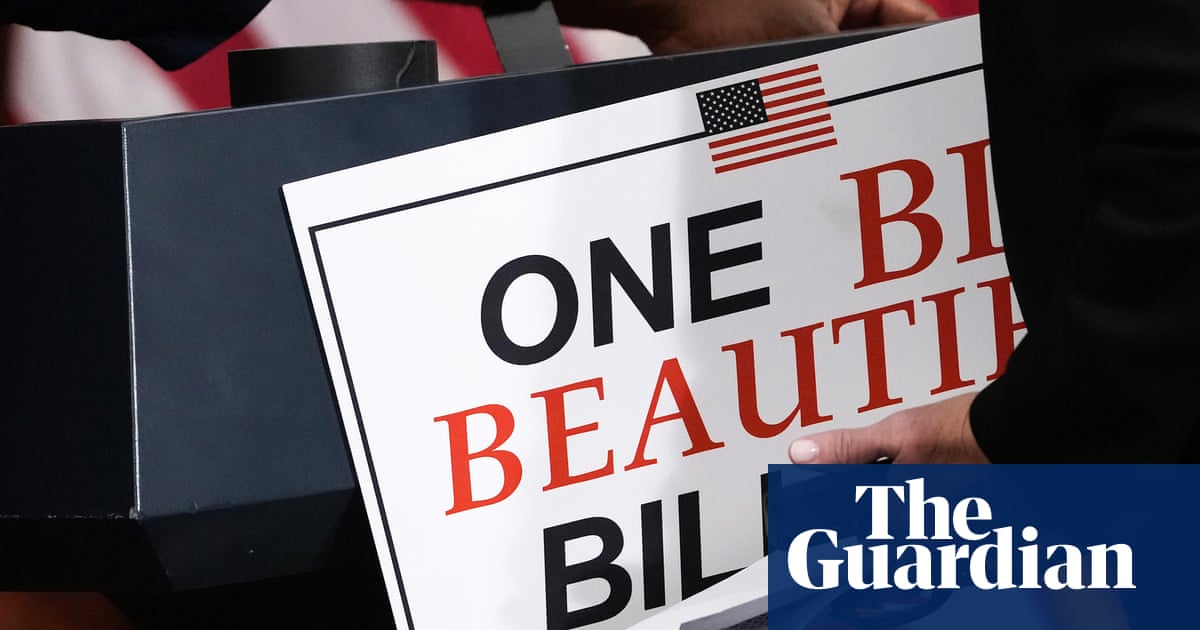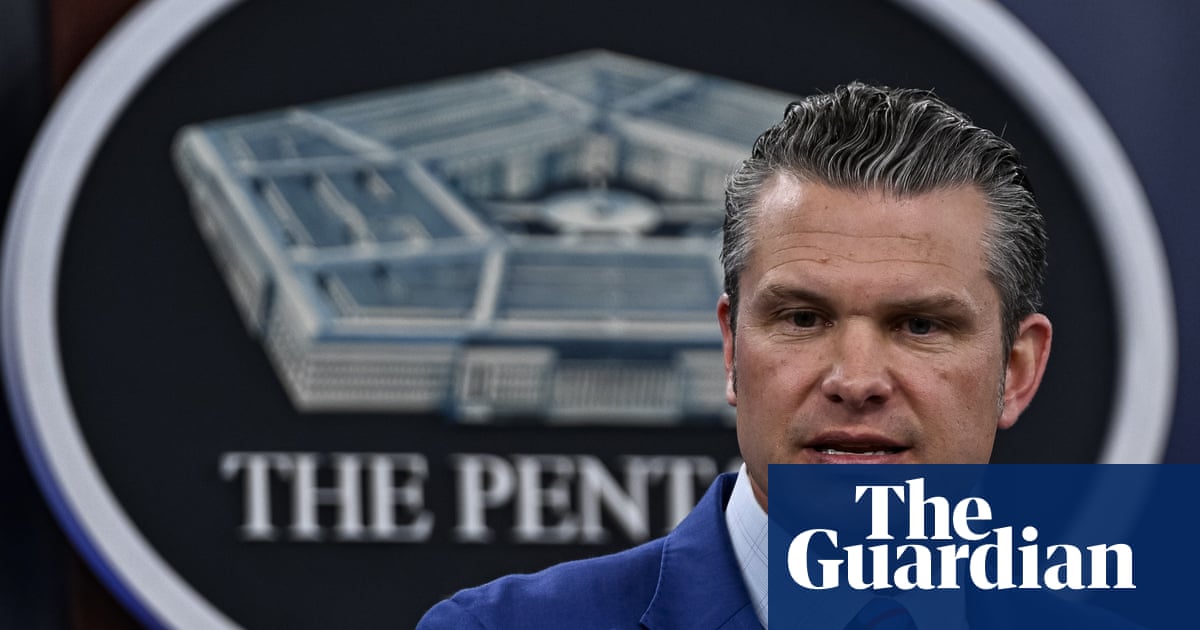Thirty-eight House Republicans are warning Senate leaders against using "budget gimmicks" as they revise President Donald Trump's "big, beautiful bill,” adding a new red line as GOP lawmakers clash over the scope of tax cuts.
The Republicans, led by House Budget Vice Chair Lloyd Smucker (R-Pa.), told Senate Majority Leader John Thune in a letter Tuesday that “that any additional tax cuts" in the party's megabill "must be matched dollar for-dollar by real, enforceable spending reductions.”
House lawmakers who signed the letter include Republican Conference Vice Chair Blake Moore of Utah, House Budget Chair Jodey Arrington of Texas and House Freedom Caucus Chair Andy Harris of Maryland.
It's the latest power play orchestrated by Smucker, who in May successfully mobilized 32 colleagues to compel House leadership to commit to finding additional spending cuts to meet overarching deficit reduction targets — if Republicans also enact additional tax cuts in their larger domestic policy package.
Smucker’s new letter, obtained first by POLITICO, is now seeking to squeeze the other chamber as Thune and his top lieutenants are scrambling to strike a balance between making changes to the House-passed product that senators can support without losing the necessary votes across the Capitol.
“We recognize the Senate will have its own say to make changes to the bill, and we welcome amendments that increase verifiable savings and make the overall package even more sustainable,” the House Republicans wrote in their letter, sent Tuesday to Thune. “Additional spending reduction strengthens the bill and the nation alike. What cannot change is the architecture established by the House framework.”
Specifically, Smucker and his allies want Thune to adhere to the same structure of the House bill, while also disavowing accounting tactics like “timing shifts” to artificially reduce the cost of the bill and instead find “genuine savings.”
“Pairing tax relief with spending restraint preserves investor confidence, reins in interest costs, and maximizes economic growth from the bill,” the members said.
In both the House and the Senate, Republican leaders can only lose three votes and still pass the measure along party lines.
Senate Republicans are mulling significant changes to the House-passed border, energy and tax package, central to enacting President Donald Trump’s vast legislative agenda, that would inevitably increase the measure’s deficit impact. Thune is fielding concerns from an ideologically diverse group of senators looking to scale back the House’s Medicaid cuts, a major source of cost-savings. At the same time, Senate Finance Republicans are mounting a big push to make three business tax cuts permanent, which would add hundreds of billions in red ink.
But the House Republicans are also reminding Thune about an amendment crafted by Smucker to the budget resolution, which set parameters for the massive domestic policy package in the House. That amendment tied the amount of tax cuts to spending cuts in the legislation. For instance, if House Republicans were to settle on slashing spending by $1.5 trillion, then they can enact tax cuts worth no more than $4 trillion.
The tax cuts enacted by the House-passed bill currently amount to around $3.8 trillion, according to the latest estimate from the Joint Committee on Taxation.
“A reconciliation bill that relaxes fiscal discipline reflected in the House-passed bill would invite higher borrowing costs and undermine the economic growth that Americans need to maximize opportunity,” the new letter to Thune reads.
House Republicans aren’t the only ones anxious. Deficit hawks in the Senate, like Ron Johnson of Wisconsin, are closely watching the bond markets, which experienced significant volatility after the House passed the domestic policy legislation in May. It’s a sign that investors are likely also worried the GOP’s marquee legislation could worsen the nation’s fiscal trajectory.
“The bond market’s pretty forward-looking, so I think we’ve already seen the reaction,” said Johnson, who is pushing for deeper spending cuts in the bill, in a brief interview on Monday. “To the extent we can improve, it might react positively.”

 German (DE)
German (DE)  English (US)
English (US)  Spanish (ES)
Spanish (ES)  French (FR)
French (FR)  Hindi (IN)
Hindi (IN)  Italian (IT)
Italian (IT)  Russian (RU)
Russian (RU) 























Comments